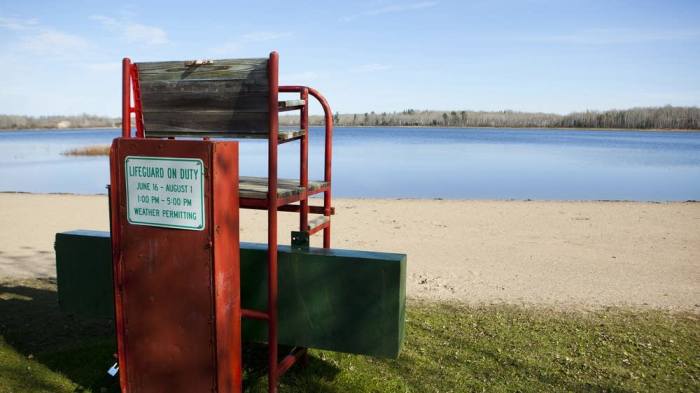The decline of the american teenagers summer job – The decline of the American teenager’s summer job is a multifaceted issue with far-reaching consequences for the economy, education, and society as a whole. This article explores the factors contributing to this trend, its impact on various stakeholders, and potential long-term implications.
The decline in summer jobs has significant economic repercussions, leading to job losses and a reduction in youth spending. The changing labor market, driven by technology and automation, has reduced the availability of entry-level positions. Additionally, employers increasingly prefer experienced workers, further limiting opportunities for teenagers.
Impact on the Economy: The Decline Of The American Teenagers Summer Job

The decline in summer jobs has had a significant impact on the U.S. economy. In 2019, only 35% of teenagers held summer jobs, compared to 50% in 1990. This decline has led to a loss of millions of jobs, particularly in the retail, hospitality, and construction sectors.
The loss of summer jobs has also had a negative impact on economic growth. Teenagers who work summer jobs are more likely to develop good work habits and skills, which can lead to higher earnings and productivity in the future.
In addition, summer jobs provide teenagers with the opportunity to save money for college or other expenses, which can stimulate the economy.
Long-Term Economic Consequences
- Reduced economic growth
- Lower earnings and productivity among teenagers
- Increased income inequality
- Reduced consumer spending
Changing Labor Market
Several factors have contributed to the decline in summer jobs, including:
- Technology and automation: Technological advancements have led to the automation of many entry-level jobs that were traditionally held by teenagers, such as cashier and data entry clerk positions.
- Shift in employer preferences: Employers are increasingly preferring to hire experienced workers over teenagers, as they are perceived to be more reliable and productive.
- Increased competition from older workers: The aging population has led to an increase in the number of older workers who are competing for jobs that were traditionally held by teenagers.
Educational Implications

The decline in summer jobs has also had a negative impact on students’ educational experiences. Summer jobs provide teenagers with the opportunity to develop job skills, explore career options, and earn money for college. In addition, summer jobs can help teenagers to develop a sense of responsibility and independence.
Several programs and initiatives have been developed to address the decline in summer jobs, including:
- The Summer Youth Employment Program (SYEP): SYEP is a federally funded program that provides summer jobs to low-income teenagers.
- The YouthBuild program: YouthBuild is a non-profit organization that provides job training and education to low-income teenagers.
- The National Summer Learning Association (NSLA): NSLA is a non-profit organization that provides resources and support to organizations that offer summer learning programs.
Social and Cultural Impacts

The decline in summer jobs has also had a number of social and cultural implications. Summer jobs provide teenagers with the opportunity to socialize with their peers, learn about different cultures, and develop a sense of community. In addition, summer jobs can help teenagers to develop a sense of purpose and direction.
The decline in summer jobs has also had a negative impact on community engagement. Teenagers who work summer jobs are more likely to be involved in their communities, as they have the opportunity to interact with people from different backgrounds and learn about different issues.
Long-Term Societal Consequences, The decline of the american teenagers summer job
- Reduced social mobility
- Increased crime and delinquency
- Lower civic engagement
- Reduced sense of community
FAQs
Why has the number of summer jobs for teenagers declined?
The decline is attributed to factors such as technology and automation reducing the availability of entry-level jobs, and employers increasingly preferring experienced workers.
What are the economic consequences of the decline in summer jobs?
The decline has led to job losses, reduced youth spending, and potential long-term economic consequences due to the loss of valuable work experience for teenagers.
How does the decline in summer jobs affect teenagers’ education?
Summer jobs provide opportunities for teenagers to develop job skills, explore career paths, and apply classroom knowledge, which can enhance their educational experiences.